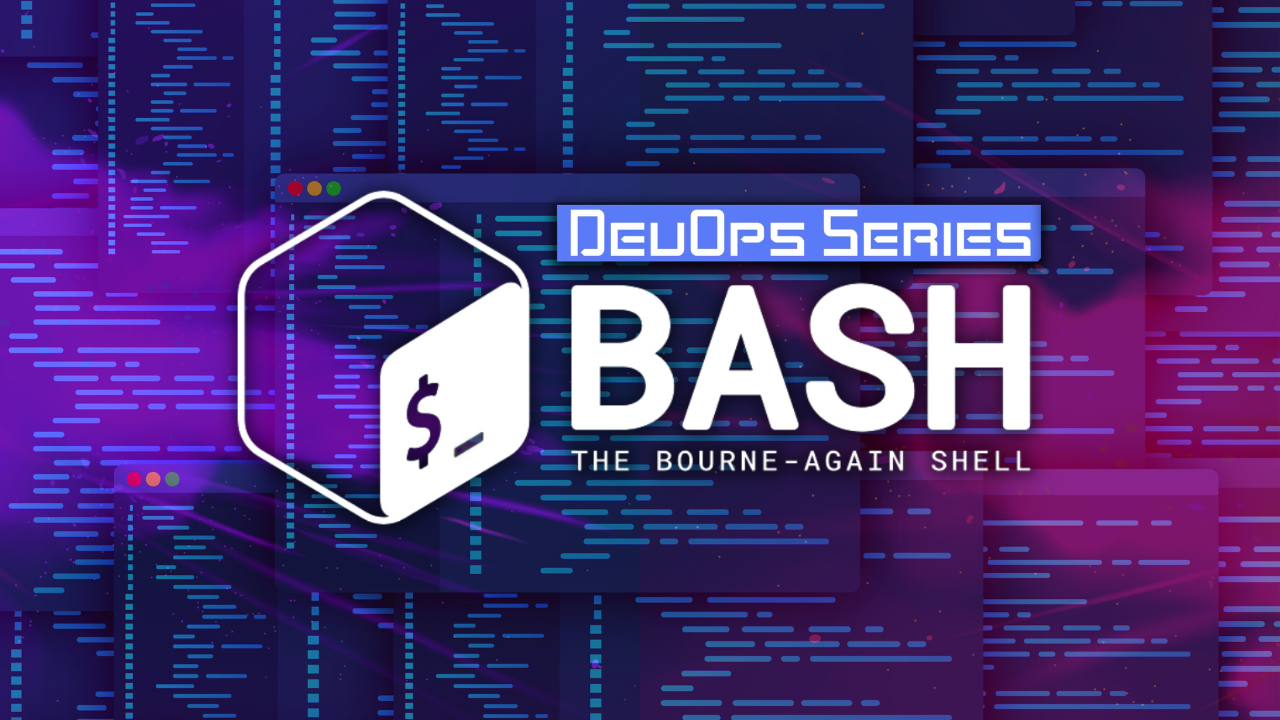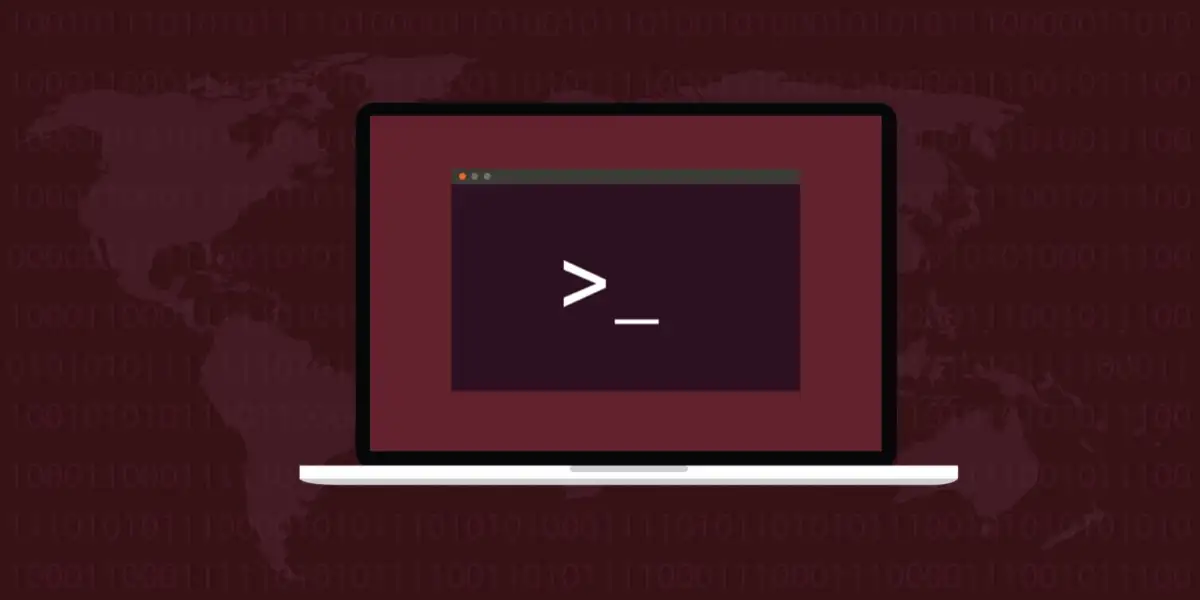In online gaming, particularly in crash games like Aviator, randomized algorithms play a pivotal role in determining outcomes, maintaining fairness, and creating excitement. Aviator is a type of game where players place bets on a multiplier that increases over time until it “crashes,” and the aim is to cash out before the crash. The randomness involved in determining when the crash happens is what makes the game unpredictable and thrilling.
This guide will explore how randomized algorithms work in games like Aviator, why they are crucial for game mechanics, and how developers ensure fairness using these algorithms. We will also include examples to demonstrate how randomness can be implemented in such games.
What Are Randomized Algorithms?
A randomized algorithm is an algorithm that makes random choices or decisions during its execution. The output of these algorithms can vary, even if the same input is provided. This unpredictability makes them ideal for games of chance, where the outcome needs to remain uncertain to maintain engagement.
In a game like Aviator, where players bet on how long the multiplier will increase before crashing, randomized algorithms are used to generate the exact moment the game will end. This element of surprise is key to the player experience.
Types of Randomized Algorithms:
- Monte Carlo Algorithms: These produce correct results with high probability but may have a chance of error. They are often used in simulations.
- Las Vegas Algorithms: These guarantee a correct result but the running time can vary depending on randomness.
- Random Walks: Used to simulate processes that follow a random path, such as market trends or betting odds in games.
In Aviator and similar games, these algorithms are used to randomize the crash point (when the multiplier stops increasing) so that players cannot predict the outcome.
The Role of Randomized Algorithms in Aviator
In Aviator, the crash point is generated using a random number generator (RNG), which ensures that each round is independent of the previous one. The multiplier (which starts at 1x) continues to increase, and at a random point, the game will crash, ending the round.
Key Aspects of Randomness in Aviator:
- Unpredictability: The game relies on the fact that the crash point is unpredictable. This prevents players from using strategies to predict the outcome based on previous rounds.
- Fairness: The use of cryptographically secure RNGs ensures fairness. These algorithms are designed to be tamper-proof, meaning that neither the players nor the casino can manipulate the outcome.
- Provably Fair Systems: Many crash games, including Aviator, implement provably fair systems, where players can verify the fairness of each round. This is done using hash functions and cryptographic techniques that prove that the crash point was predetermined before the round started, and that it was not influenced after the game began.
Example of a Randomized Algorithm in Crash Games
Let’s look at a simplified example of how a randomized algorithm might determine the crash point in a game like Aviator.
- Initialization: At the beginning of each round, the server uses an RNG to generate a crash multiplier. This might be a value between 1.01x and 100x, depending on the game’s rules.
import random
def generate_crash_point():
# Generates a crash point between 1.01 and 100
return round(random.uniform(1.01, 100), 2)
crash_point = generate_crash_point()
print(f"The crash point for this round is: {crash_point}")- Game Execution: The multiplier starts at 1x and increases gradually. As soon as it reaches the crash point, the game ends, and anyone who hasn’t cashed out by that point loses their bet.
def aviator_simulation():
crash_point = generate_crash_point()
multiplier = 1.0
while multiplier < crash_point:
multiplier += 0.01 # The multiplier increases
print(f"Multiplier: {multiplier}")
print(f"The game crashed at {multiplier}x")
aviator_simulation()- Result: Each round’s crash point is entirely independent of previous rounds, making it impossible to predict or develop a foolproof strategy.
Benefits of Randomized Algorithms in Gaming
- Unbiased Outcomes: One of the most significant advantages of randomized algorithms is that they ensure unbiased outcomes. In crash games like Aviator, this ensures fairness for both the player and the house.
- Excitement and Engagement: The randomness of the crash point creates suspense in every round, making players more engaged. Players are constantly faced with the dilemma of when to cash out, knowing that the game could crash at any second.
- Security and Fairness: In modern online gaming, especially with real money involved, fairness is critical. Cryptographically secure RNGs ensure that outcomes are random and cannot be predicted or manipulated.
Populist Use of “Sin Taxes” on Games Like Aviator
Populist political movements, especially in regions like Brazil, often capitalize on the economic potential of so-called sin taxes—taxes levied on gambling, alcohol, and other vices. As online gambling grows in popularity, political parties push for the legalization and taxation of games like Aviator as a way to fund public programs.
Brazil’s Online Casino Landscape
In Brazil, the government has historically banned most forms of gambling. However, recent economic pressures have led to discussions about legalizing online gambling platforms. Populist politicians see gambling taxes as a lucrative opportunity to generate revenue without directly taxing citizens.
- Economic Opportunity: Legalizing and taxing online casinos could bring millions in revenue. By framing it as a “sin tax,” populists present it as a way to benefit society while allowing people to enjoy their vices.
- Controversy: Opponents argue that such taxes disproportionately affect lower-income individuals, who are more likely to gamble. The randomized nature of games like Aviator can lead to addiction, which in turn fuels criticism of these revenue-generating strategies.
- Implementation Challenges: Even if gambling is legalized, regulators would need to ensure that the algorithms driving these games are transparent and fair, particularly if they become a significant source of public revenue.
Conclusion
Randomized algorithms are at the heart of crash games like Aviator, ensuring unpredictability and fairness while creating a thrilling experience for players. These algorithms are designed to prevent exploitation, making them ideal for games of chance.
However, as online gambling continues to expand, particularly in markets like Brazil, it’s crucial to examine the broader economic and social impacts of relying on sin taxes as a revenue source. While the tax potential is significant, the costs of gambling addiction and its disproportionate effects on lower-income communities cannot be ignored. For developers, maintaining transparency and fairness through provably fair systems will be essential as these games become more prevalent.
By understanding the role of randomized algorithms in gaming, both players and regulators can better navigate the complex dynamics of the online casino world.











